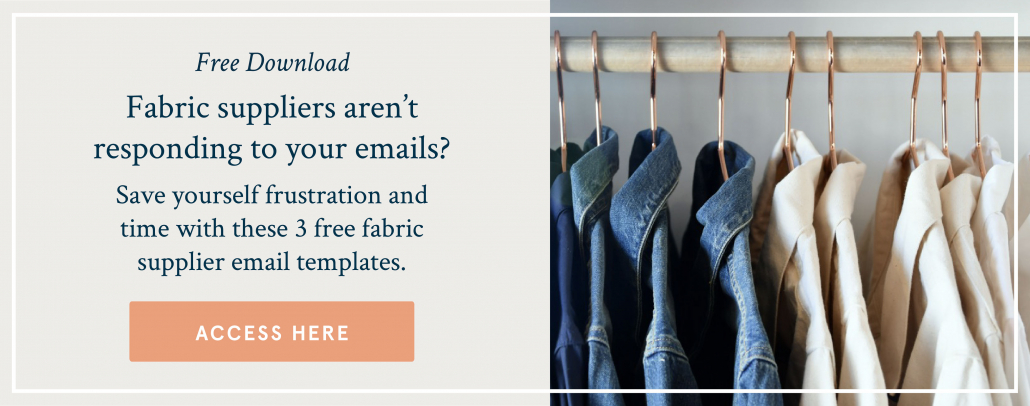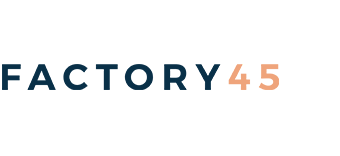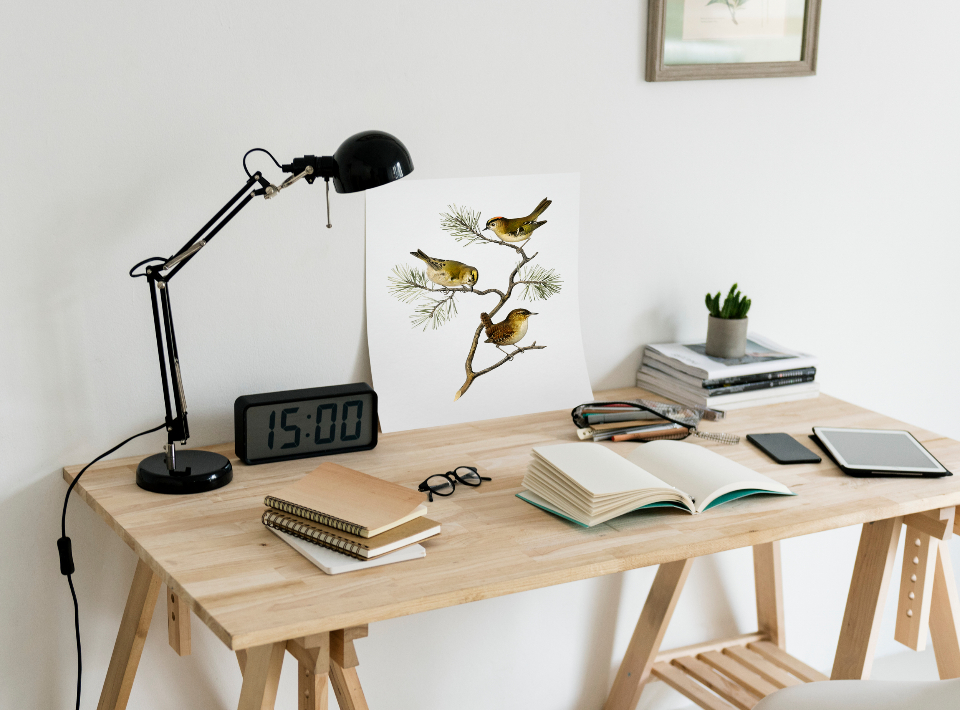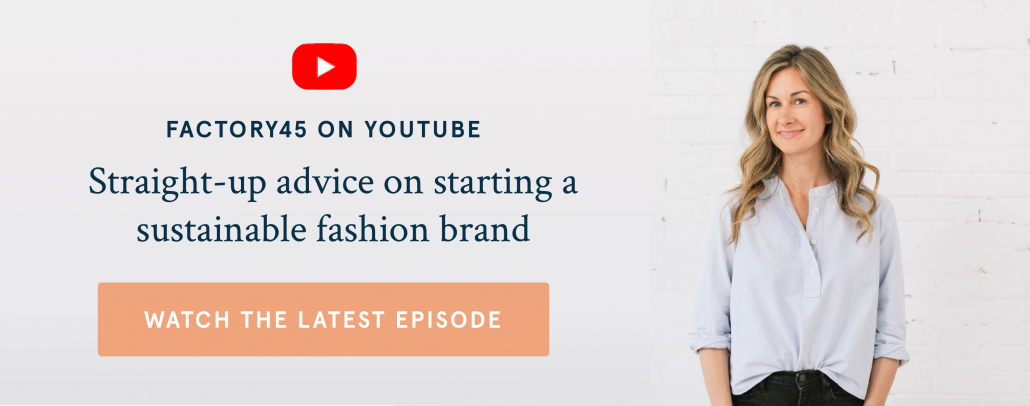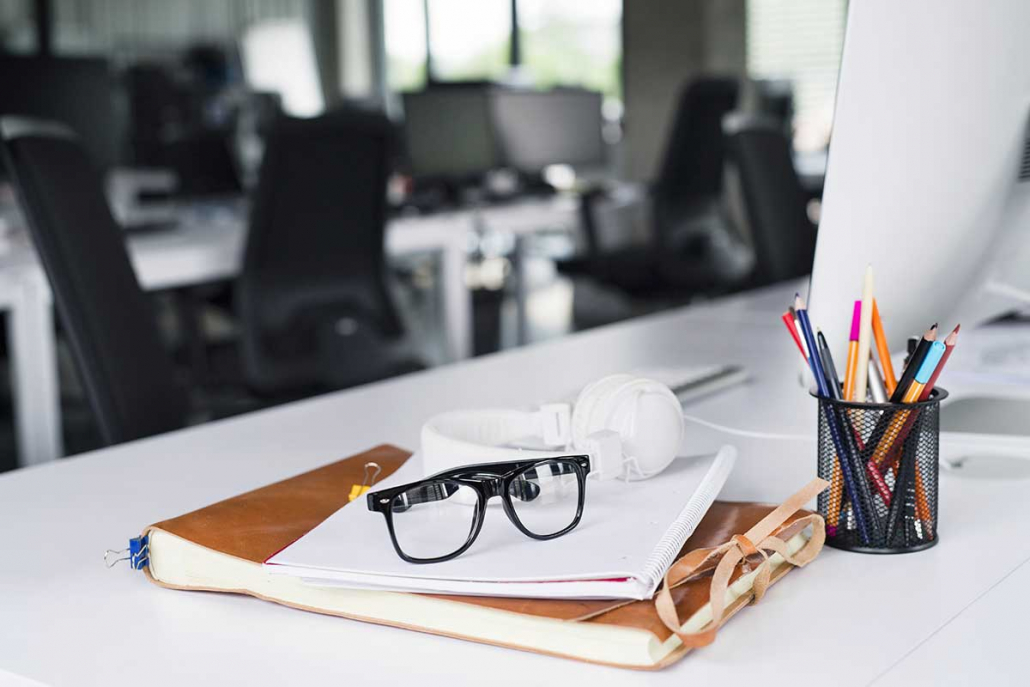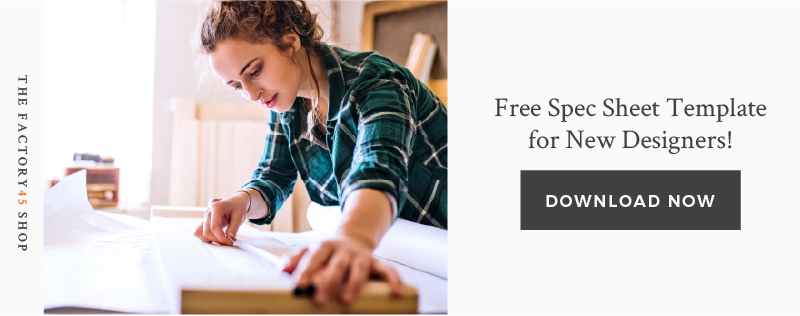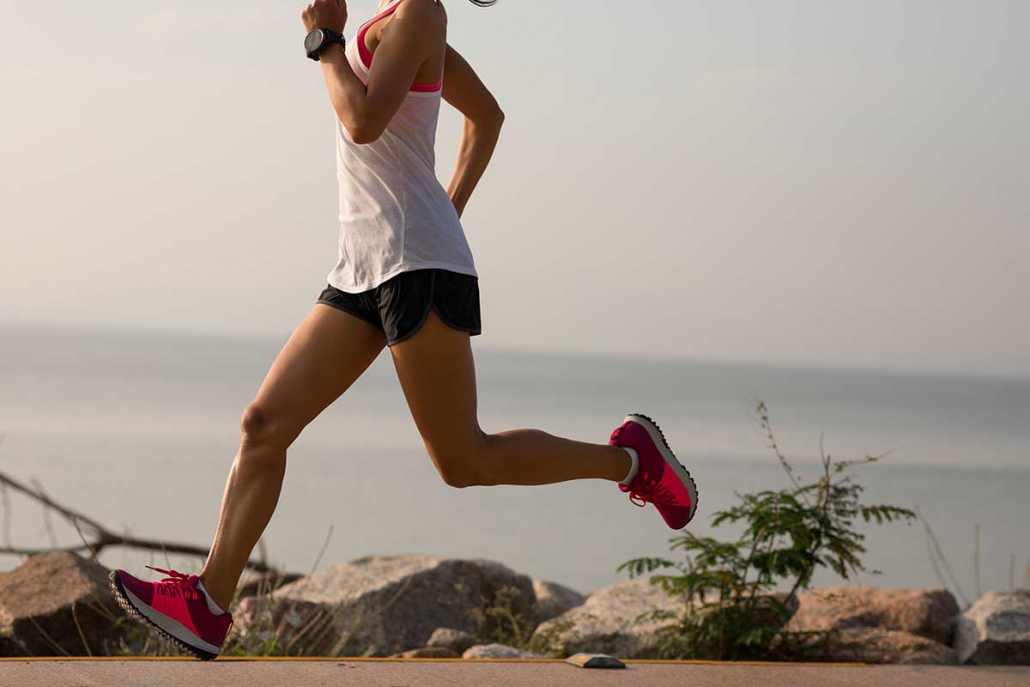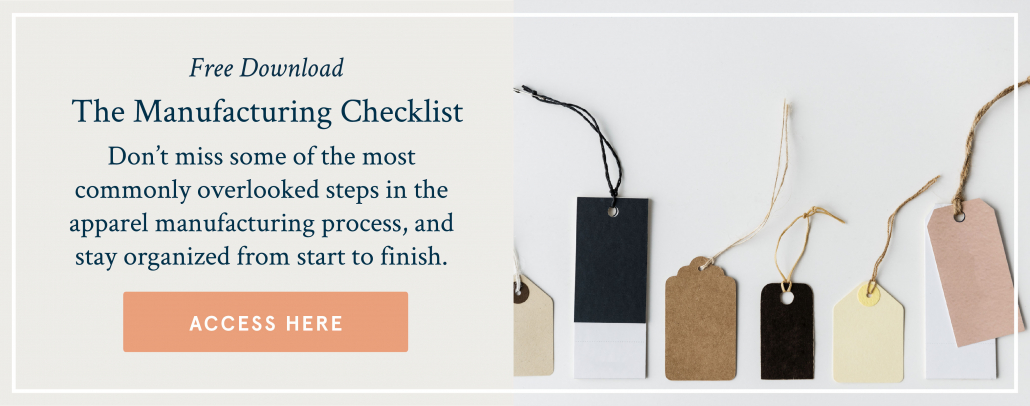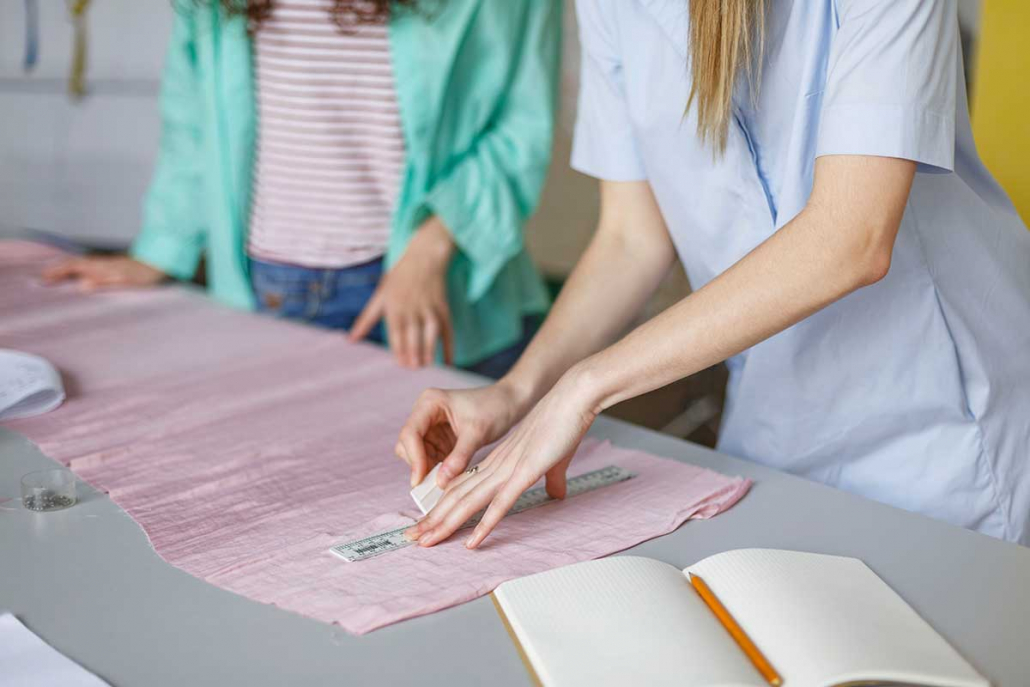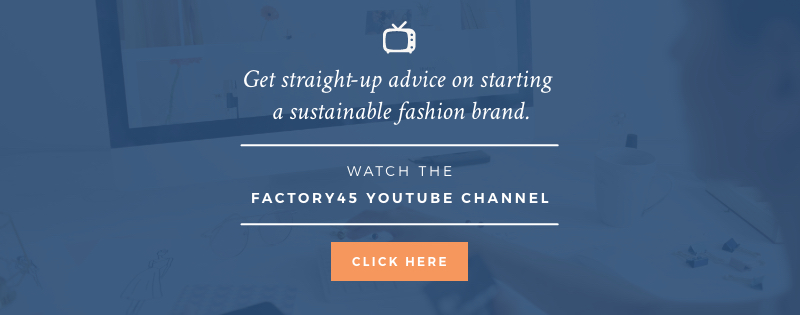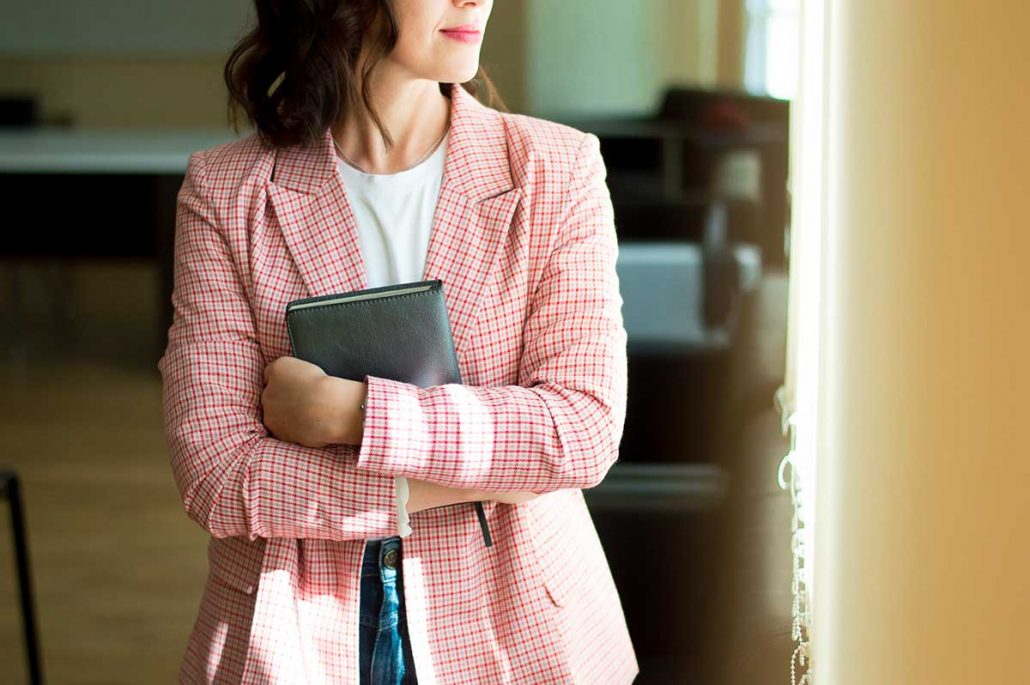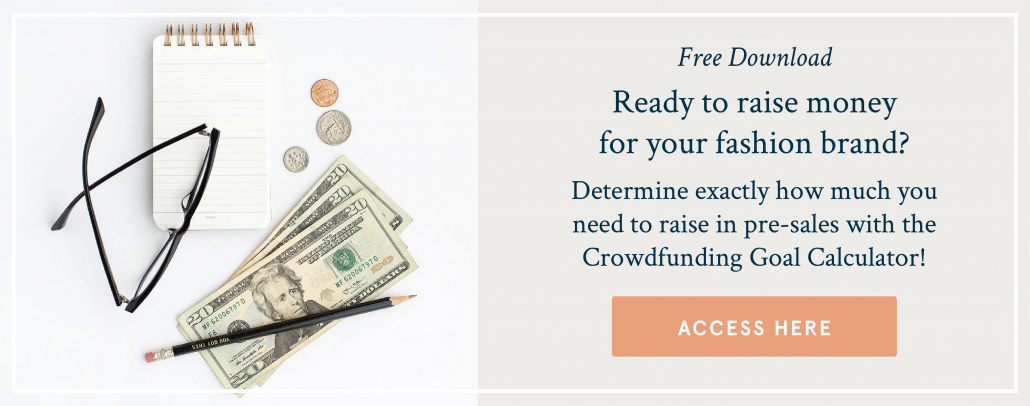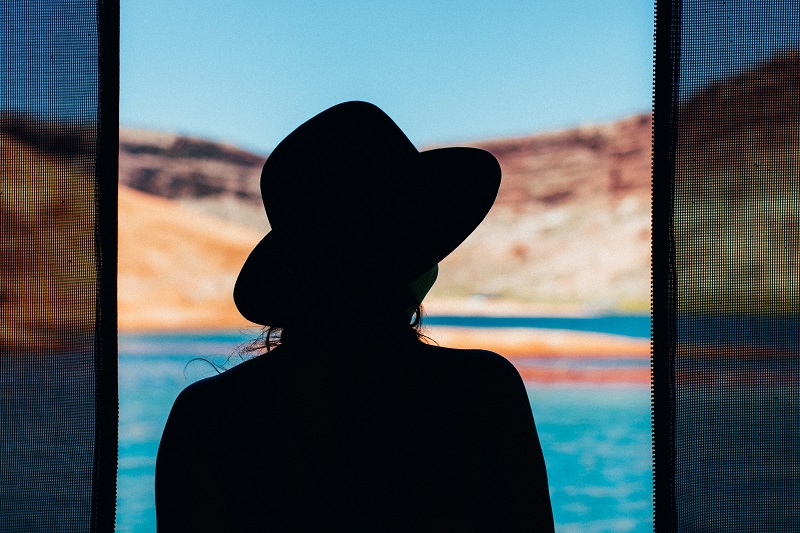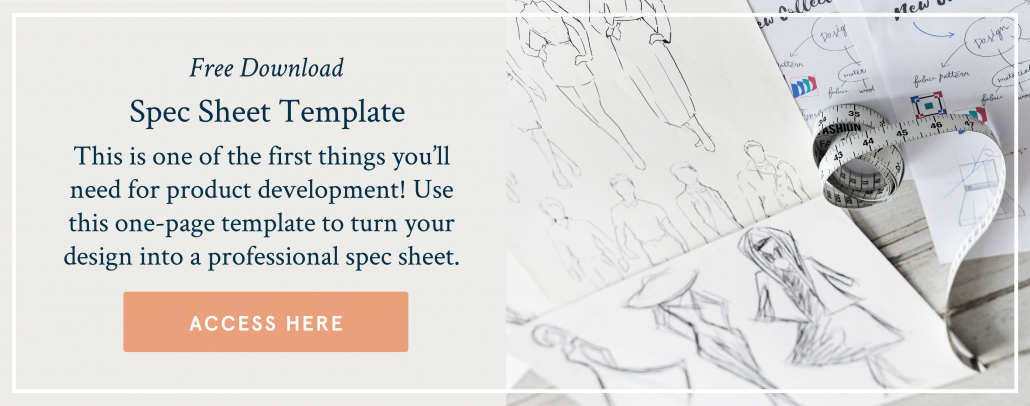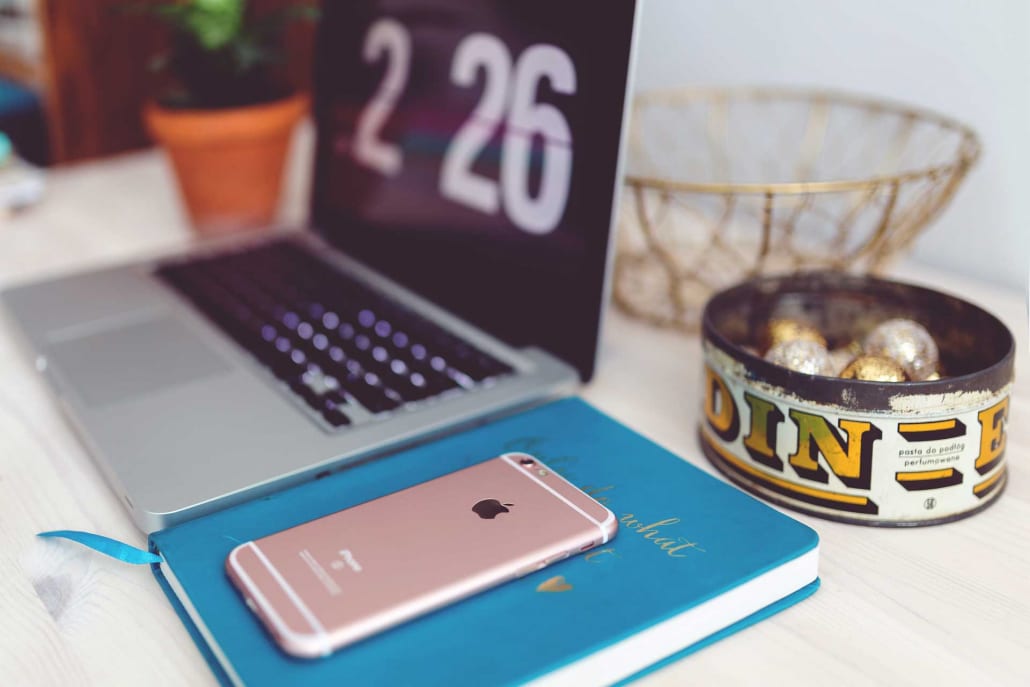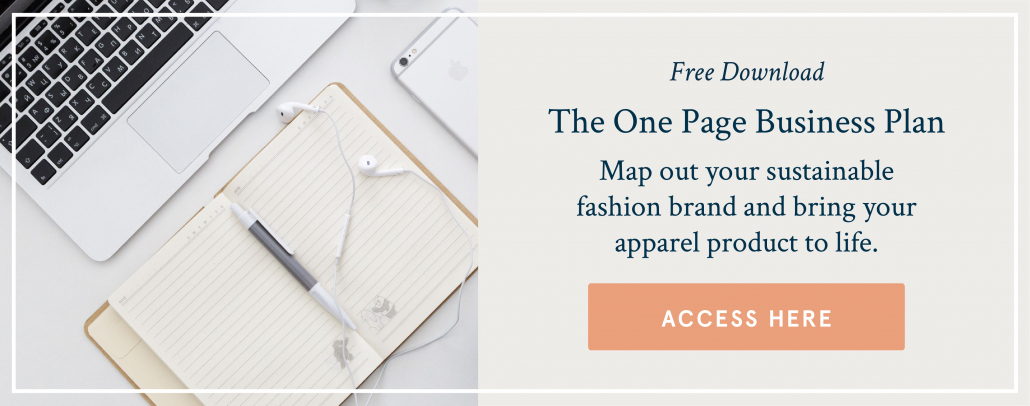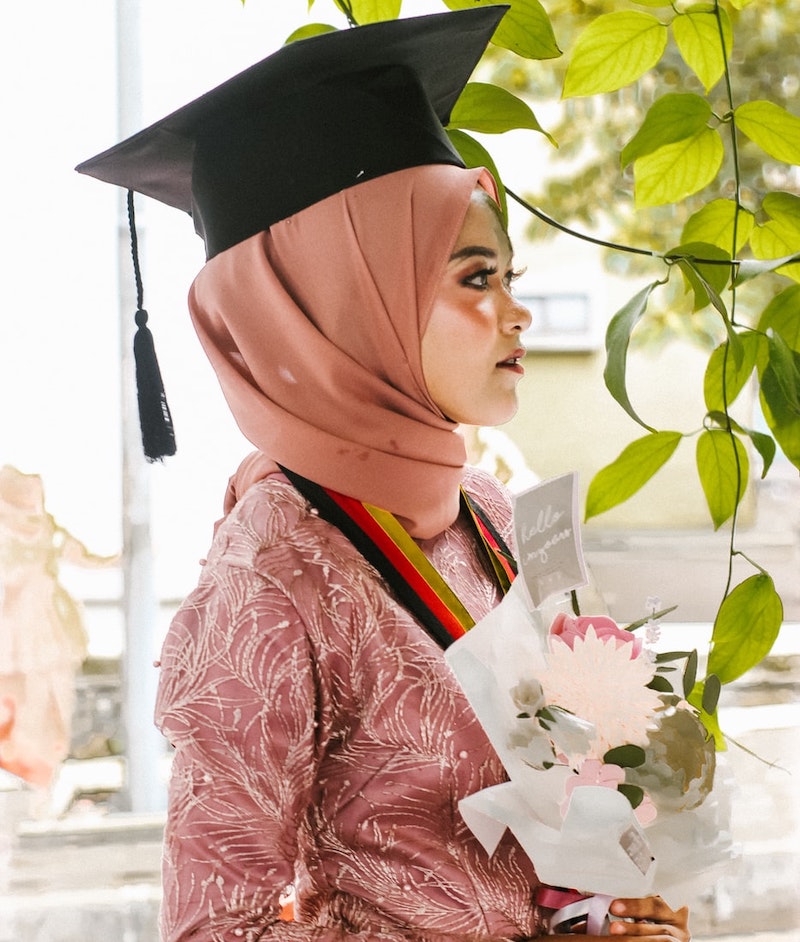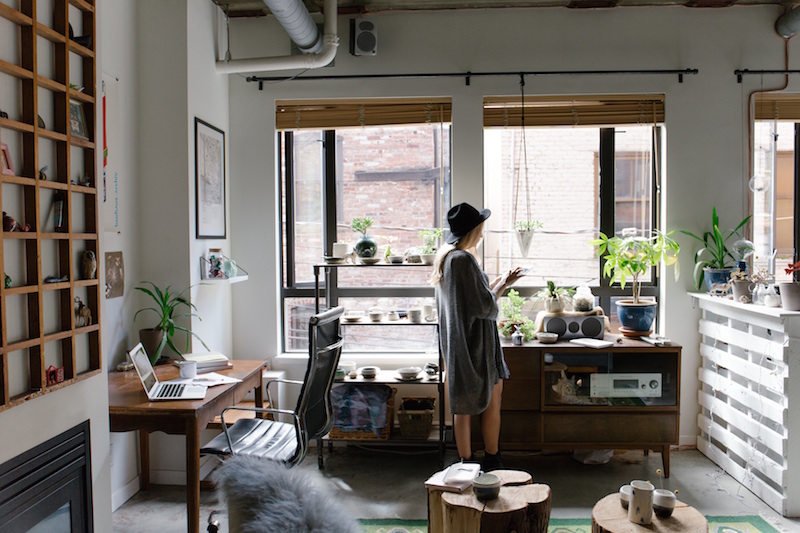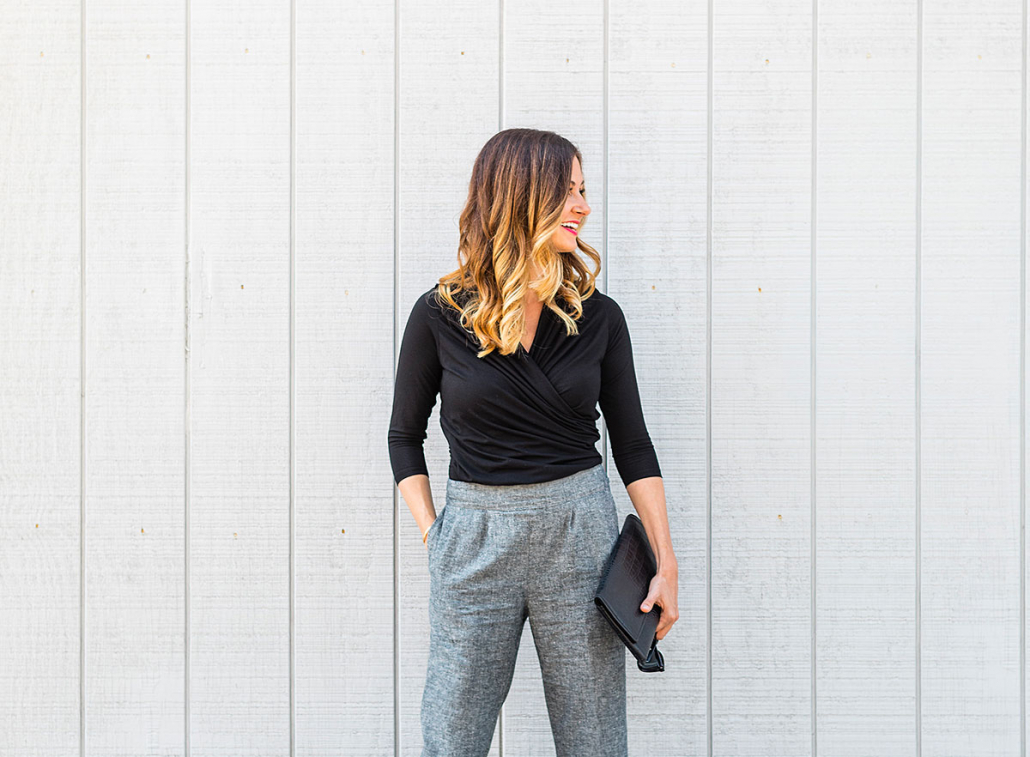Ever since I graduated in 2008, I have been some sort of entrepreneur. Ironically, my worst grade in four years of college was in my “Entrepreneurship 101” class (heyo, Professor Rossi).
What I realized later on — that they don’t teach you in an academic setting — is that entrepreneurship has very little to do with getting good grades and is so much more about being able to take a risk.
My first experience with big risk-taking was during my senior year of college when I bailed on the law school entrance exam and booked a one-way ticket to Australia instead.
That one decision completely changed the trajectory of my life, and I spent two post-grad years bartending and traveling around the world, from Australia to Southeast Asia to South Africa.
When my parents thought I was coming home to get a “real job,” I would only stay for a few months, bartend every night, save up more money, and leave to travel again.
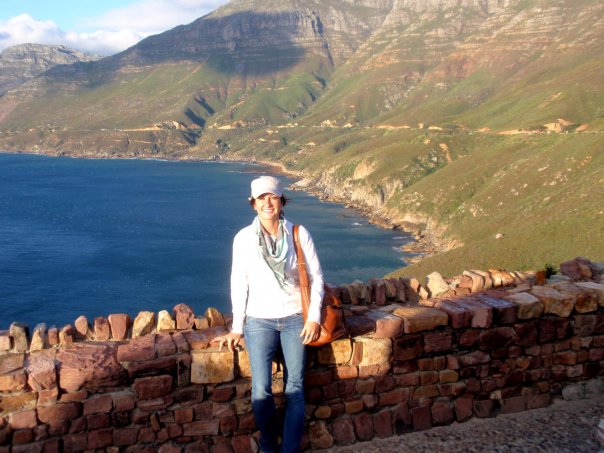
When I eventually returned to the States in 2010 I brought my wanderlust and relentless craving for adventure with me.
I had once been the girl who envisioned herself in the corner office — but after two years abroad, I knew that I would never get a “real job.”
I wanted to create something bigger than myself. I wanted to start a business that would allow me to wake up every morning and go after my dreams. Maybe you can relate… I didn’t want to help build someone else’s dream.
It was a divine twist of fate when I got a Facebook message from a friend shortly after I got home. She said she was going through a “quarter-life crisis,” dreading the possibility of sitting in a cubicle all day, and suggested we start something together.
That “something” turned out to be a sustainable clothing company.
Of course, it didn’t happen immediately. Little did we know, we were about to embark on a three-year journey into self-discovery, entrepreneurial freedom and the pursuit of living life on our own terms.
Our plan was to create a company that would be 100% made in the USA, using fabrics and materials that did the least amount of harm to the environment as possible.
It was called {r}evolution apparel, a sustainable clothing company for female travelers and minimalists, and it prompted my early exploration of conscious consumerism and the practice of living with less.

I learned about the downsides of fast fashion: the environmental damage, the humanitarian violations, and the psychological effects of modern-day consumer culture.
These realizations completely changed me, and I decided to dedicate my career to creating a more conscious world where people see the power of voting with their dollars.
That’s all to say, we quickly found out that having a “vision” wasn’t enough. We were naive, unversed in industry lingo, and had zero connections in the fashion industry. It became obvious very early on that what we were trying to accomplish wouldn’t be easy.
We spent money on the wrong things, made every mistake possible, wasted time pursuing leads that ended in dead ends and continuously took two steps back with every one step forward.
Looking back at the emails I sent to fabric suppliers, I now know that my inquiries surely got a swift click of the delete button. I didn’t know how to talk to industry veterans, I had no idea how to walk “the walk,” and it showed.
But after a year and a half, having nearly depleted both of our savings accounts, the stars aligned.

We received a response about a private label inquiry we had sent on a whim to a general contact form. After a few meetings, we made the decision to source and manufacture our first production run under the guidance of a company who had done it before.
The company was a startup itself but was farther along and had the production infrastructure that we lacked. They also had the knowledge, connections and reputation that we needed on our side.
After pushing forward solo for so long, we had found someone to take us by the hand and walk us through the process.
We had finally found the mentorship we needed.
More doors opened at the end of 2011 when we launched a Kickstarter campaign to fund the first production run of our signature piece, the Versalette, one garment that can be worn over 30 different ways.

What happened over our 30-day campaign far surpassed our wildest dreams. Not only did we acquire nearly 800 new customers, quadruple our first production order and attract the attention of The New York Times, but we finally saw a year and a half of hard work pay off.
Having gone through a unique entrepreneurial journey, I had developed a set of skills that were totally unexpected. I knew from my experience with the Versalette that breaking into the fashion industry was very difficult, and I wanted to make it easier for other aspiring entrepreneurs to do the same.
It’s my hope that I can continue to foster a space for creativity and collaboration while helping others start down their own path towards creating a business.
In the last few years, I’ve helped entrepreneurs all over the country set up supply chains in the U.S., source sustainable materials and bring their products to market.
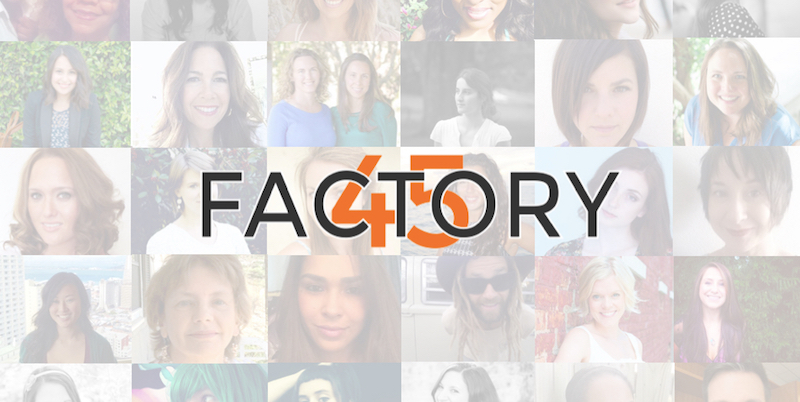
Factory45 is the program I created for entrepreneurs, like me, who have a vision and a plan but need the mentorship, framework and resources to get started.
If you have your own plans to launch an apparel brand, I hope you’ll consider joining me through your journey. Mentorship is the very thing that pushed my first company forward and I would love to do the same for you.
